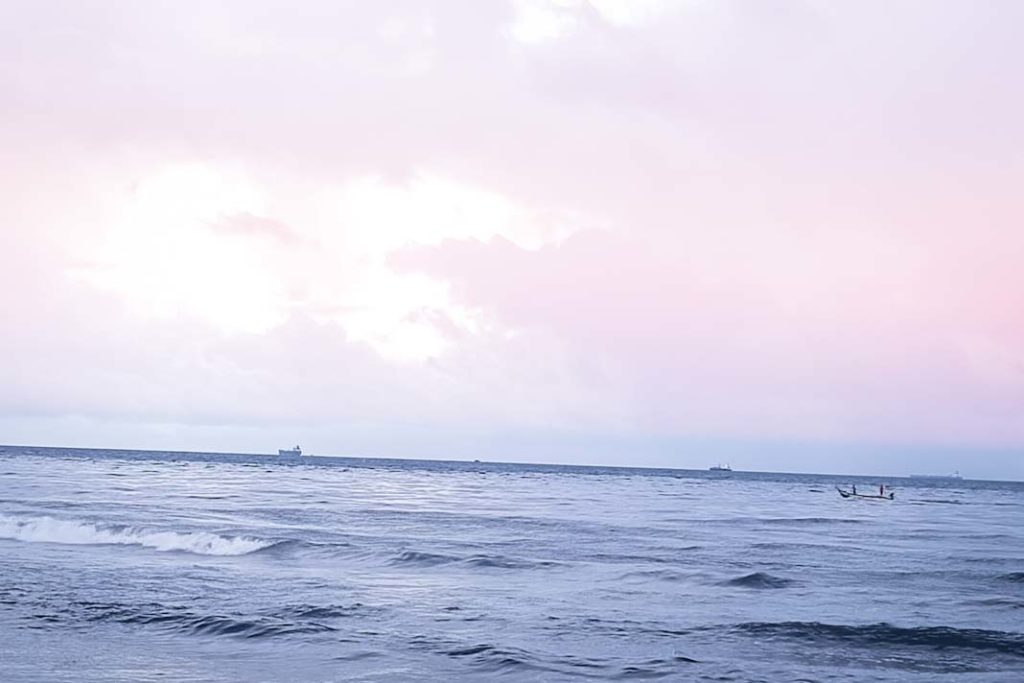With the final ballast water deadline fast approaching, UV-based water treatment specialist BIO-UV Group anticipates an increase in inspections as Port State Control (PSC) inspectors check machinery installations, crew competencies and Ballast Water Management (BWM) Plans.
From September this year, all vessels subject to the BWM Convention must have installed a D-2 compliant ballast water treatment system capable of dealing with the maximum number of viable organisms allowed to be discharged. This is less than 10 organisms of 50µm or more per 1m3 of water and less than 10 organisms of 10-++50 µm per 1ml of water.
Yet while there is still a two-year grace period under the Experience Building Phase of Resolution MEPC.290(71), which precludes operators from being penalised for non-compliant ballast water discharge until 2026, ships can still be detained if inspectors find BWM systems poorly maintained, operated and documented.
“We are aware of increased Port State Control inspections in China, Australia, and the USA as they implement Focus Campaigns on ship machinery and electrical system. Although ballast water treatment systems are not being singled out specifically, the Focus Campaigns aim to prevent any mechanical or electrical systems failure onboard,” said Charlène Ceresola, BIO-UV Group’s BWT Project Manager.
“We expect the Paris and Tokyo MoUs to follow suit. If there are clear grounds that crews are incorrectly operating and maintaining the BWM system or if record keeping is lackadaisical ships could be penalised.”
An annual BWMS report is currently a mandatory US requirement for vessels navigating US waters. But elsewhere, as of now, an annual check is only an OEM recommendation supported by IMO Guidelines.
Maxime Dedeurwaerder, BIO-UV Group’s Maritime Division Director, said: “Ship operators really can’t afford for port authorities to suspect the crew doesn’t know how to correctly maintain, operate or calibrate the system.”
“A ballast water treatment system is a closed-loop system so regular maintenance is the only way of knowing if a UV-based system’s lamps, reactors and filters are working as they should. It is essential to comply with these checks and maintenance procedures to ensure the continued compliance of the system. An annual system check is crucial.”
To help ensure operators of its BIO-SEA ballast water system consistently passes muster with port authorities, BIO-UV Group has introduced a BWTS Compliancy & Performance service that takes the complexity out of ballast water management.
Under the agreement, BIO-UV Group service teams carry out a thorough inspection of the BIO-SEA system, identify any issues, carrying out any repairs that are required.
Service teams then calibrate and monitor control equipment to ensure that sensors and instruments are providing accurate readings, before performing performance tests to ensure that it meets the required discharge standards. Logbooks are checked and maintained, and crews are assessed on their ability to properly operate the system.
Simon Marshall, BIO-UV Group’s Deputy Managing Director, furthered: “Ship managers have two years to ensure their ballast discharge waters are compliant, but only until September to get their crews up to speed with system maintenance and operation. The service agreement solution is designed to optimise BIO-SEA operation and reduce maintenance costs to ensure the vessel’s ballast water treatment is always compliant and passes port inspection.”
The International Convention for the Control and Management of Ships’ Ballast Water and Sediments, 2004 (Ballast Water Management Convention) was adopted in 2004 with the aim of protecting the marine environment from the transfer of invasive species and organisms in ships’ ballast water.
Asian Kelp, Zebra Mussels, European Green Crabs, North Pacific Seastars, Caulerpa taxifolia (killer algae) and the Cholera pathogen are just some of the invasive species ballast treatment systems prevent from spreading.
Did you Subscribe to our daily newsletter?
It’s free! Click here to Subscribe!
Source: Ship Management International
















![[Watch] A Christmas Tree Goes To Sea](https://mfame.guru/wp-content/uploads/2025/01/mfame-container-100x70.jpg)
